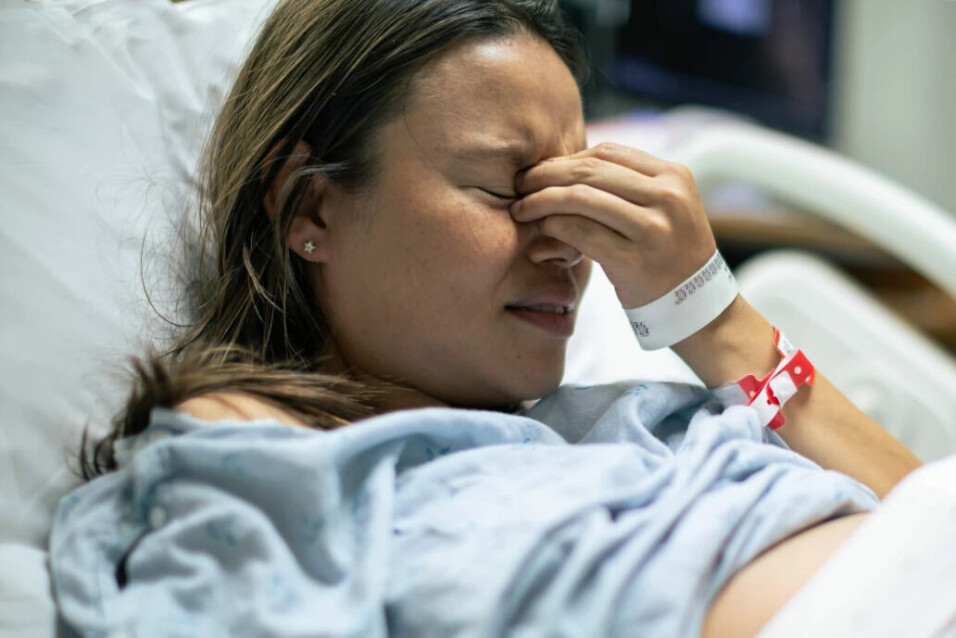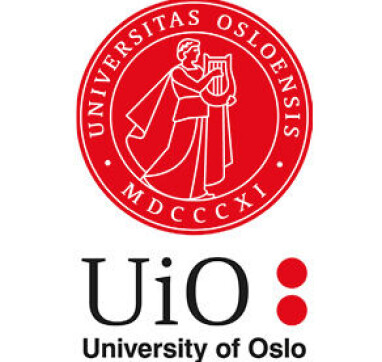THIS ARTICLE/PRESS RELEASE IS PAID FOR AND PRESENTED BY University of Oslo - read more

Undocumented immigrant women do not get enough care during pregnancy
Many came too late to recieve prenatal care. There was a high occurence of emergency c-sections, babies being born too early or stillborn amoung the women.
"Approximately half of the pregnant women receiving care at health clinics for undocumented women came in too late to receive prenatal care," Frode Eick says.
He is a PhD student at the Department of Community Medicine and Global Health at the University of Oslo (UiO).
Eick and colleauges have studied prenatal care for undocumented immigrant women in Norway. The researchers followed 582 pregnancies through 11 years, from 2009 to 2020.
The women recieved care at health centres for undocumented women in Bergen and Oslo. The researchers followed the women through their medical journals, from health centres and hospitals.
Since 2011, pregnant undocumented women in Norway have had the right to receive prenatal care in the municipalities and to give birth at a hospital.
"It is important to have good follow-up during pregnancy to minimise both women's and newborn's health risks during pregnancy," Eick says.

Lack of prenatal care can lead to children being born too early or stillborn
The study indicates that lack of care and supervision during pregnancy for undocumented women can lead to complications, for both the women and their children, with possible long-term consequences.
"For the undocumented women, ten out of 1,000 births resulted in stillbirths, and 10.3 per cent of the children were born too early," Eick says.
Around one out of five of the undocumented women had to have an emergency c-section during birth.
For Norwegian women the numbers are around three stillbirths per 1,000 births, and 5.6 per cent of the children are born too early.
Norway should reduce disease and mortality among mothers and children
Norway has committed to reducing disease and mortality among mothers and newborns through international agreements.
"Universal health care is crucial to be able to reach the United Nations sustainability goals," Eick says.
In the study, Eick found that the health centres, run by volunteers, often referred pregnant women to the general health services.
"Undocumented women have the right to prenatal care in Norway, and the health centres can not offer the same health services as the public provide. That is why they refer the women to public health services. The public sector can contribute with continuity in follow-ups during pregnancy, proximity to services, and care provided by hospitals," he says.
The health centres for undocumented women are located in Bergen and Oslo, and are run by the Church City Mission (Kirkens bymisjon) and the Red Cross. The centres offer voluntary health care by (unpaid) health care workers.
"Among the pregnant women who contacted the health centres, around three out of ten were referred elsewhere to get an abortion, at their own request," Eick says. "We have not studied whether there is a cause-and-effect connection between lacking prenatal care and the results we found in the study, but we have studied pregnancies among undocumented women in general."
Reference:
Eick et al. Use of non-governmental maternity services and pregnancy outcomes among undocumented women: a cohort study from Norway, BMC Pregnancy and Childbirth, vol. 22, 2022. DOI: 10.1186/s12884-022-05112-0

This article/press release is paid for and presented by the University of Oslo
This content is created by the University of Oslo's communication staff, who use this platform to communicate science and share results from research with the public. The University of Oslo is one of more than 80 owners of ScienceNorway.no. Read more here.
See more content from the University of Oslo:
-
Where humans outshine AI: “There's something hopeful in these findings”
-
Why we need a national space weather forecast
-
Mainland Europe’s largest glacier may be halved by 2100
-
AI makes fake news more credible
-
What do our brains learn from surprises?
-
"A photograph is not automatically either true or false. It's a rhetorical device"





































